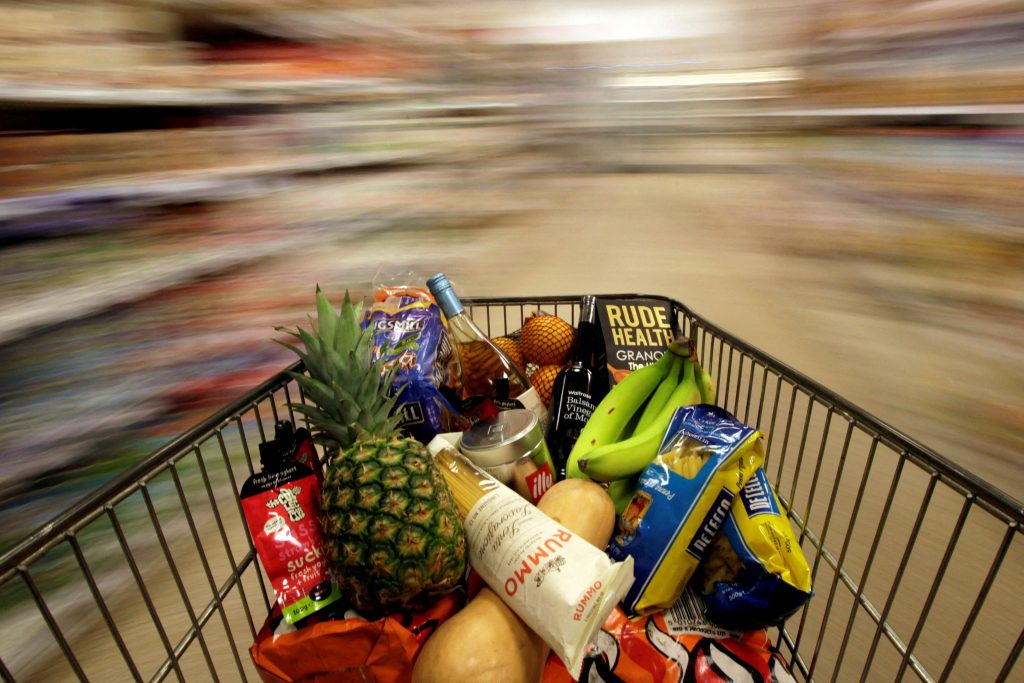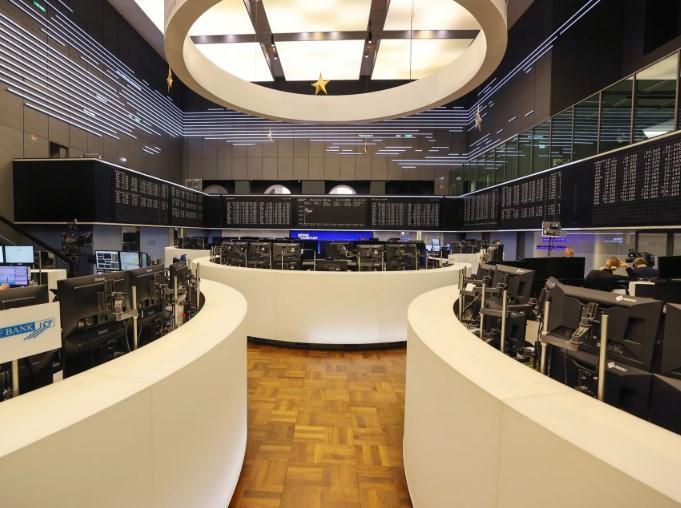Inflation picked up speed again in July as the rally in food prices continued with no end in sight. After slipping below the 2% mark in June (1.8%), the annual consumer price index stood at 2.5% last month as food prices jumped another 12.3%.
Fruits, vegetables and pharmaceutical products are leading the dance of price increases. Food prices are maintained by the war in Ukraine (rising prices of grain, energy, etc.), by climate change (destruction of production by rains, heat, fires) and by a lack of labor.
According to Hellenic Statistical Authority-ELSTAT data, fruit prices recorded a 19.4% increase compared to July 2022, vegetables increased by 15.5% compared to last year, dairy – eggs increased by 14.4% and meats 10.9%. Double-digit increases are recorded in mineral water, soft drinks and fruit juices, in sugar, chocolates, sweets and ice creams as well as in oils and fats.
Medicines (18.7%) and passenger transport by plane (+11.6%) saw an upward trend, while on the contrary, a large drop of 11.8% was recorded in the housing sector, mainly due to a decrease in the prices of electricity, natural gas and oil heating as opposed to rents that have gone uphill.
Households are facing new price hikes in food and basic goods, which combined with fuel price hikes make for an explosive precision cocktail.
The increases
In particular, the increase in the General Consumer Price Index by 2.5% in July 2023, compared to the corresponding Index in July 2022, came mainly from increases in the following groups of goods and services by:
12.3% in the group Food and non-alcoholic beverages, due to price increases mainly in: bread and cereals, meat, fish, dairy and eggs, oils and fats, fruits, vegetables, sugar, chocolates, sweets, ice creams, other foods, coffee – cocoa – tea, mineral water, soft drinks, fruit juices.
3.4% in the group Alcoholic beverages and tobacco, due mainly to an increase in prices of alcoholic beverages (not served).
5.2% in the Clothing and footwear group, due to price increases in clothing and footwear.
6.4% in the group Durable goods – Household goods and services, due to price increases mainly in: household appliances and repairs, glassware – tableware and household utensils, household goods for immediate consumption, household services.
7.8% in the Health group, mainly due to price increases in: pharmaceutical products, medical – dental and paramedical services, hospital care.
3.5% in the Leisure – Cultural activities group, due to price increases mainly in: durable leisure and cultural goods, small leisure items, flowers, pets, cinemas – theatres, package holidays.
2.2% in the Education group, mainly due to price increases in: primary education fees, secondary education fees.
6.2% in the group Hotels – Cafes – Restaurants, mainly due to an increase in prices in restaurants – patisseries cafes – canteens.
3.6% in the group Other goods and services, mainly due to price increases in: hairdressers and personal care stores, other personal care items, other personal items, health insurance premiums, vehicle insurance premiums
Categories with major de-escalation
July inflation would have been even higher if three key categories had not fallen significantly by:
11.8% in the Housing group, mainly due to a decrease in prices in: electricity, natural gas, heating oil. Part of this decrease was offset by the increase in prices mainly in: house rents, house repair and maintenance, utility services, LPG, solid fuels.
3.7% in the Transportation group, mainly due to a decrease in fuel and lubricant prices. Part of this decrease was offset by price increases mainly in: new cars, used cars, mopeds, motorcycles, car parts and accessories, maintenance and repair of personal transport equipment, air passenger tickets.
2.8% in the Communications group, mainly due to a decrease in prices for telephone services.




































